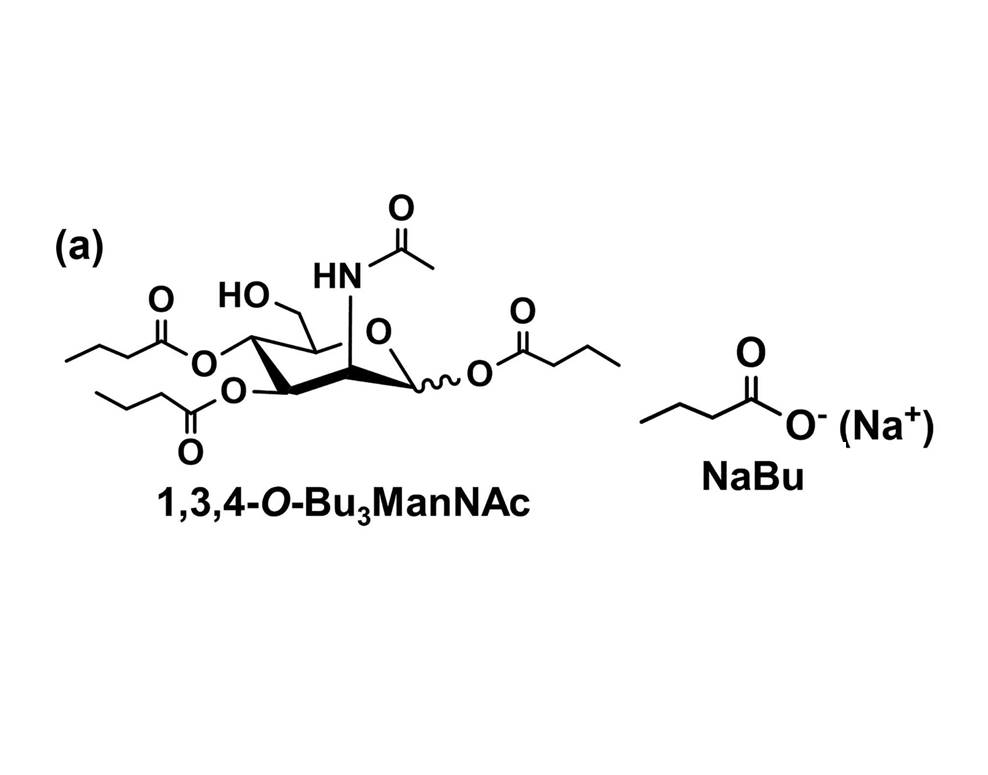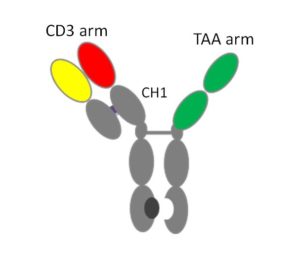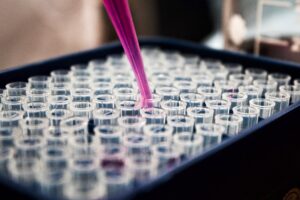Cell growth and product expression are key operating parameters in the manufacture of biologics from CHO cells. Chemical additives such as sodium butyrate have been used to enhance product expression. Sodium butyrate acts to enhance gene expression, but it can have negative impacts on cell viability by increasing cytotoxicity and apotosis. Moreover, it can alter glycosylation profiles—in particular, it can reduce sialylation. Consequently, despite its potential to improve productivity in cell cultures, sodium butyrate is rarely used today in manufacturing processes.
This situation may now change. Recently, work from Michael Betenbaugh’s laboratory at Johns Hopkins University demonstrates that a butylated derivative of N-acetyl mannosamine, 1,3,4-O-Bu3ManNAc, can “deliver” sodium butyrate to cells. Their results suggest that use of this additive enhances cell growth and productivity in CHO cultures and that its use is not accompanied by many of the negative effects of sodium butyrate. They compare 1,3,4-O-Bu3ManNAc with sodium butyrate and demonstrate increased protein production along with improved protein sialylation and decreased cytotoxicity. This additive may represent a new strategy for supplementing mammalian cell culture to improve overall protein yield. However, for use at large scale, cost of the chemical additive will be a factor and a suitable commercial source of supply must be secured.
Click to read the article, “Butyrated ManNAc analog improves protein expression in Chinese hamster ovary cells” by Bojiao Yin, Qiong Wang, Cheng-Yu Chung, Xiaozhi Ren, Rahul Bhattacharya, Kevin J. Yarema and Michael Betenbaugh, Biotechnology and Bioengineering 2018;1-11, DOI: 10.1002/bit.26560.
Chamow & Associates assists biotechnology companies in producing novel therapies for clinical testing and welcomes your inquiry. Contact us.





